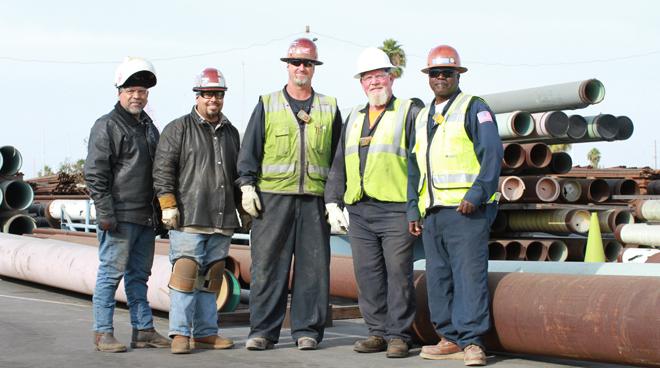Do You Have Enough Energy for Your Workday?
A day without oil and natural gas would be a huge disruption for you and the people you depend on. Consider just these three jobs: teacher, farmer and doctor. Chances are, a teacher could still educate children, but how effectively? Technology on a farm would drastically diminish, fewer crops would be grown and supply would plummet. And, imagine going to your doctor and she has no access to modern medicines and medical equipment – a day without oil becomes life-threatening.
Teacher

Your child’s elementary school teacher arrives at her classroom and there are no student paintings taped to the walls, no vinyl or carpet covering the floors, and children’s feet are bare because shoes are made from petroleum-based products. She wouldn’t be able to grade homework with a ballpoint pen because it is often made with thermosetting plastics, or hydrocarbon phenolic resins and the ink inside from particles of carbon black and polymer. Children’s creativity would be stifled when there is no glue to hold their arts and crafts together, nor crayons to color. Not to mention, glue is a major component in book spines, which hold pages together. And, imagine the school playground with no slide, swings, monkey bars, hula hoops and soccer balls.
Farmer

On a farm without gas-powered tractors and cultivators, a farmer would be transported back to a world akin to the pre-Industrial Revolution. Production would slow down dramatically, possibly returning to similar yields from the days when a horse or an ox pulled machinery on wooden wheels, and the world’s population included six billion fewer mouths to feed. It would also result in increased costs and slower delivery to the consumer. Modern food delivery depends on petroleum-based transportation by more than 15 million trucks that operate across the United States. Before the Industrial Revolution and the ability to mass-deliver goods, living conditions were severely diminished for those in the working class. And forget about refrigeration to keep food fresh. According to the United Nations, “with more than 800 million people worldwide who lack access to healthy, nutritious food,” today’s farmers also play a vital role in the global war on hunger.
Doctor

In a hospital that operates 24 hours a day, large amounts of energy, specifically natural gas and electricity, are consumed. According to the U.S. Energy Information Administration, in 2007, large hospital buildings consumed 408 trillion Btu (the most often used measure of power) of natural gas, electricity and fuel oil. Without this energy, heart monitors and oxygen machines would not run and a doctor would have no lights in an operating room. When it came to treating patients, a doctor would not have access to medicines such as aspirin, antiseptics and many prescription medicines. There also would be no needles for injections or IV bags to hang, and medical records would no longer be digital. In a doctor’s world, without the use of oil and gas, lives would be put in jeopardy.

